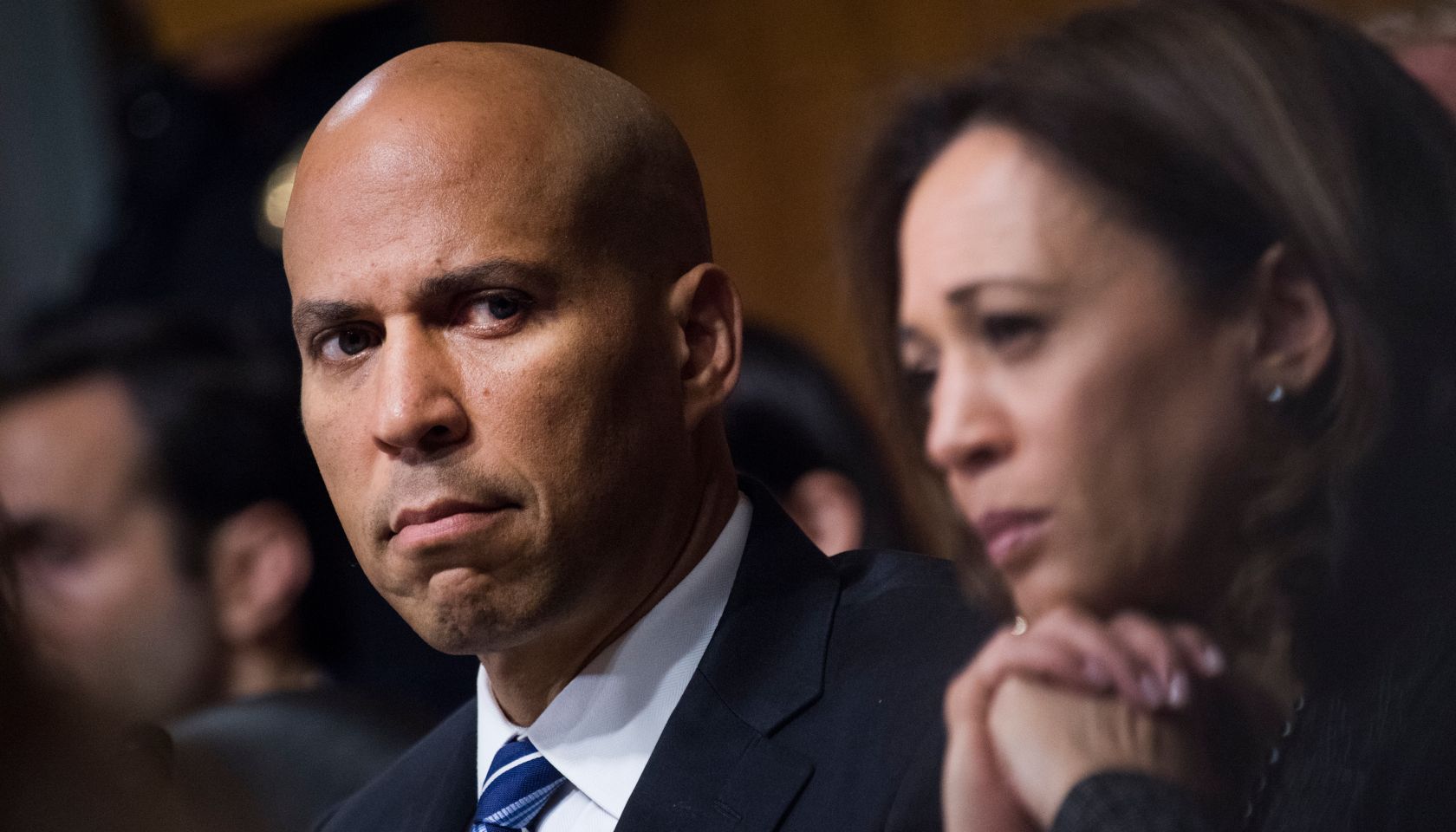Clarence Thomas Asks Questions In SCOTUS Jury Discrimination Case
Clarence Thomas Breaks His Silence On The Supreme Court And Shows Why He Should Never Speak Again
Justice Clarence Thomas, who rarely speaks at Supreme Court hearings, created a buzz on Wednesday when he asked a question during oral arguments on racial discrimination in jury selections. Some legal expert suggested that the question he posed could indicate that he will sellout on the issue.
SEE ALSO: Clarence Thomas’ Supreme Court Dissent Paves The Way For A ‘Racist’ Census
The question marked just the second time in a decade that Thomas, a Black conservative, has spoken during oral arguments. It came in the case of Curtis Flowers, an African-American man from Mississippi, who has been tried six times for the 1996 murders of four people inside a furniture store. The ongoing legal dispute centers on the allegation that the white prosecutor has unconstitutionally kept qualified Black people from serving as jurors.
During oral arguments on Wednesday, the justices seemed to agree that the prosecutor violated the Constitution by excluding Black jurors, the New York Times said.
Thomas spoke up when the hearing was almost over. He asked Flowers’ attorney whether the defense struck any potential jurors at the trials. That was followed by his request that she identify the race of those people. Flowers confirmed that the defense team had struck white people from sitting on the jury.
“When Justice Thomas spoke near the end of the argument, it jolted the courtroom. His three questions suggested that both sides rely on racial stereotypes in picking jurors,” the Times noted.
Racial bias in the jury selection process is an ongoing problem that the U.S. Supreme Court banned but which nevertheless continues. In April 2018, the Washington Supreme Court became the first court in the nation to adopt a specific rule banning implicit and intentional racial bias in jury selection, according to the American Civil Liberties Union.
In Flowers’ case, four juries that returned guilty verdicts were either all-white or had few Black jurors. Two trials with more Black people on the jury ended in mistrials. Flowers was first found guilty in 1997 and was sentenced to die. Three years later, the Mississippi Supreme Court threw out the conviction. Judges in two other instances found that the prosecutor rejected potential Black jurors because of their race.
During his time on the high court’s bench, Thomas has consistently sided with the Supreme Court’s conservative justices on issues that impact Black lives.
SEE ALSO:
Clarence Thomas’ Supreme Court Dissent Paves The Way For A ‘Racist’ Census
















